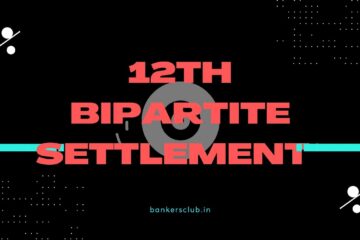AIBOC urges Delhi High Court to quash RBI Circular
All India Bank Officers’ Confederation (AIBOC), the biggest union of banks has filed a writ petition in the Delhi High Court challenging the Reserve Bank of India’s (RBI’s) February 12 circular that bankruptcy proceedings to be initiated after a borrower defaults a payment without allowing even a day’s extension.
AIBOC said the provision will cause a loss of Rs 1 lakh crore, threatening the viability of banks and consequently the livelihood of its members. AIBOC wants the high court to quash the circular.
Members of the AIBOC said the court has issued a notice to the RBI after admitting the petition that was filed recently against the central bank and the government.
AIBOC alleged the circular violates Articles 14 and 19 of the Constitution.
The petition says the RBI circular also ignores the recommendations of the Parliamentary Standing Committee on Finance that suggested different norms for non-performing assets (NPAs) in the infrastructure sector, and would have adverse consequences including causing massive losses for banks.
The circular has alarmed companies, many of which are stressed because of regulatory issues in infrastructure projects, delays in green clearances and land acquisition, fuel scarcity and a slowdown in the domestic and global economies.
The circular has also faced opposition from sections in the government. Principal economic adviser Sanjeev Sanyal is said to have issued a strongly worded note criticising the new norms that do not allow banks to give even a day’s extension to a borrower after the 180-day period. The RBI, however, has stood firm so far.
The central bank issued the circular to nudge lenders to quickly identify loans which companies were unable to repay and to prompt borrowers to avoid deliberate delays.
The petition claims that bankruptcy process involving the National Company Law Tribunal (NCLT) and the Insolvency and Bankruptcy Code (IBC) is causing heavy losses to banks.
“IBC and NCLT-based resolution processes have so far yielded far worse results with the lenders having to take far higher haircuts than many of the repealed restructuring schemes,” the petition argued.
It said India’s norms for classifying NPAs were already very strict, both in the Indian and global context.
